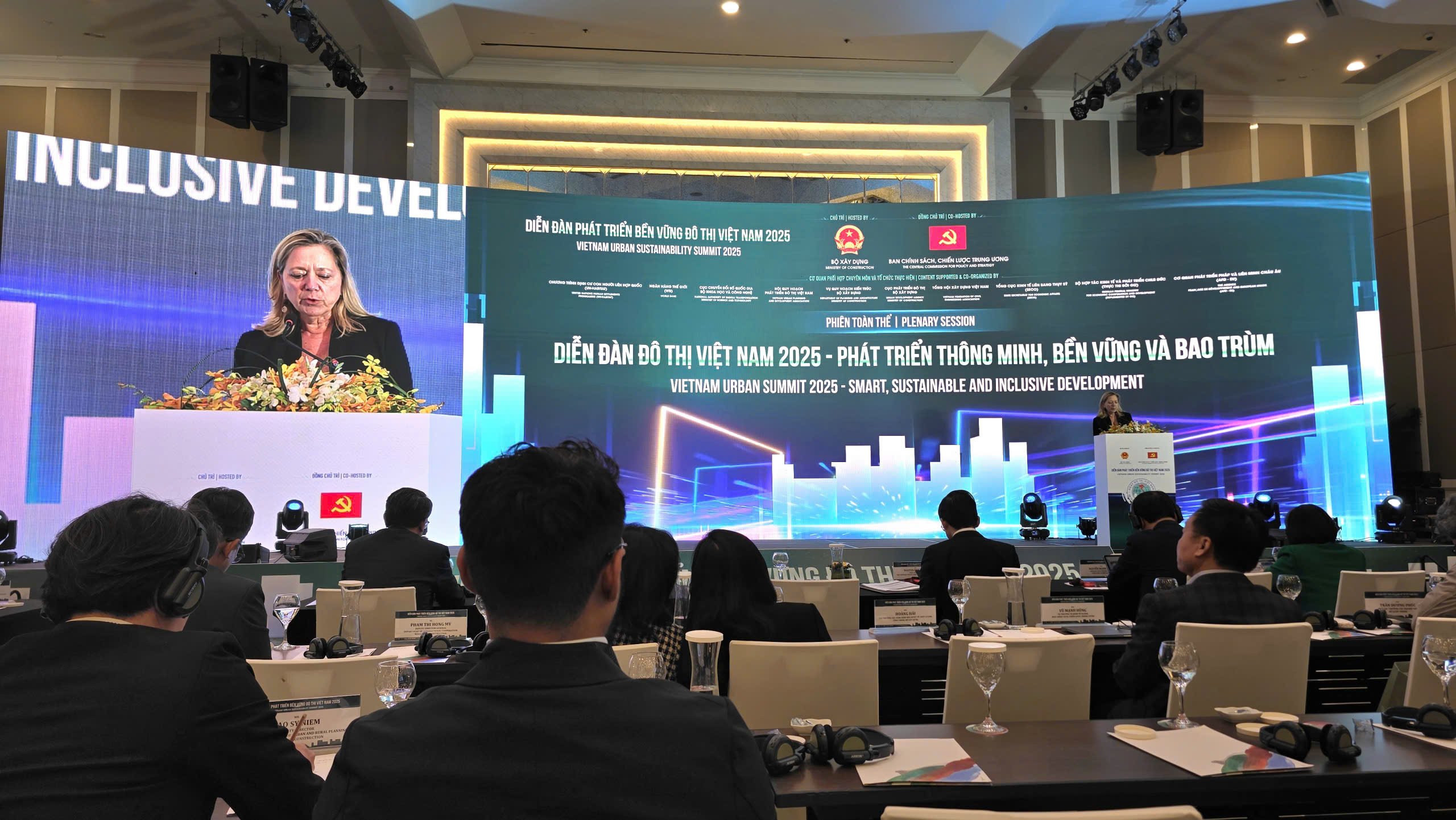 |
| Overview of the forum |
The forum, chaired by the Ministry of Construction , in coordination with the Vietnam Construction Association and development partners such as SECO, GIZ, the World Bank (WB), AFD, UN-Habitat, etc., creates a space for large-scale, practical policy-technical dialogue, “talk less, do more,” focusing on solutions that can be implemented locally.
The forum continues the spirit of Resolution 06-NQ/TW dated January 24, 2022 of the Politburo on planning, construction, management and sustainable development of Vietnamese urban areas to 2030, with a vision to 2045, placing urban areas as the driving force for regional and national development, towards synchronous, green, smart and inclusive infrastructure.
The working program includes three thematic workshops taking place in the morning and a plenary session in the afternoon. Topic 1 discusses “Innovation – Driving Force for Smart Urban Development,” emphasizing institutional improvement, urban data architecture, digital infrastructure, and pilot models using artificial intelligence (AI) in city management and operation. Topic 2 focuses on “Safe and Climate-Resilient Cities towards Green Growth,” presenting solutions for flood prevention in the Central Coastal Urban Strip, adaptive urban drainage in the Mekong Delta, and disaster-resilient infrastructure standards. Topic 3 revolves around “Modern Urban Planning and Governance,” emphasizing interdisciplinary integration, data-based planning, social resource mobilization mechanisms, and a transparent and accountable governance framework.
Many international organizations bring empirical experience and suggest solutions suitable for the context of Vietnam. UNDP representatives share the approach "from people's experience" in designing climate response policies. AFD analyzes the method of integrating adaptation right from the planning and allocation of public investment capital. The World Bank recommends prioritizing the portfolio of disaster-resistant infrastructure, linked to long-term financial mechanisms. UN-Habitat proposes a multi-level policy framework to support smart urban development, while experts from the Asia- Pacific region emphasize the role of investing in "strategic infrastructure" and "open data" to activate the innovation ecosystem.
A highlight of the forum was the participation of pioneering localities in heritage conservation associated with sustainable development. Notably, Dr. Phan Thanh Hai, Director of the Department of Culture and Sports of Hue City, presented a paper on “sustainable conservation and enhancing livability for heritage cities,” sharing experiences in building cultural - heritage - ecological cities in the direction of “living heritage cities,” considering the community as the center, culture as the foundation and creativity as the driving force. The case of the ancient capital of Hue shows the benefits of a progressive approach, taking piloting - replication as the motto, while mobilizing international partners within the framework of OWHC-AP and NUP initiatives. These experiences are considered to be referenceable for many localities seeking green, inclusive growth models.
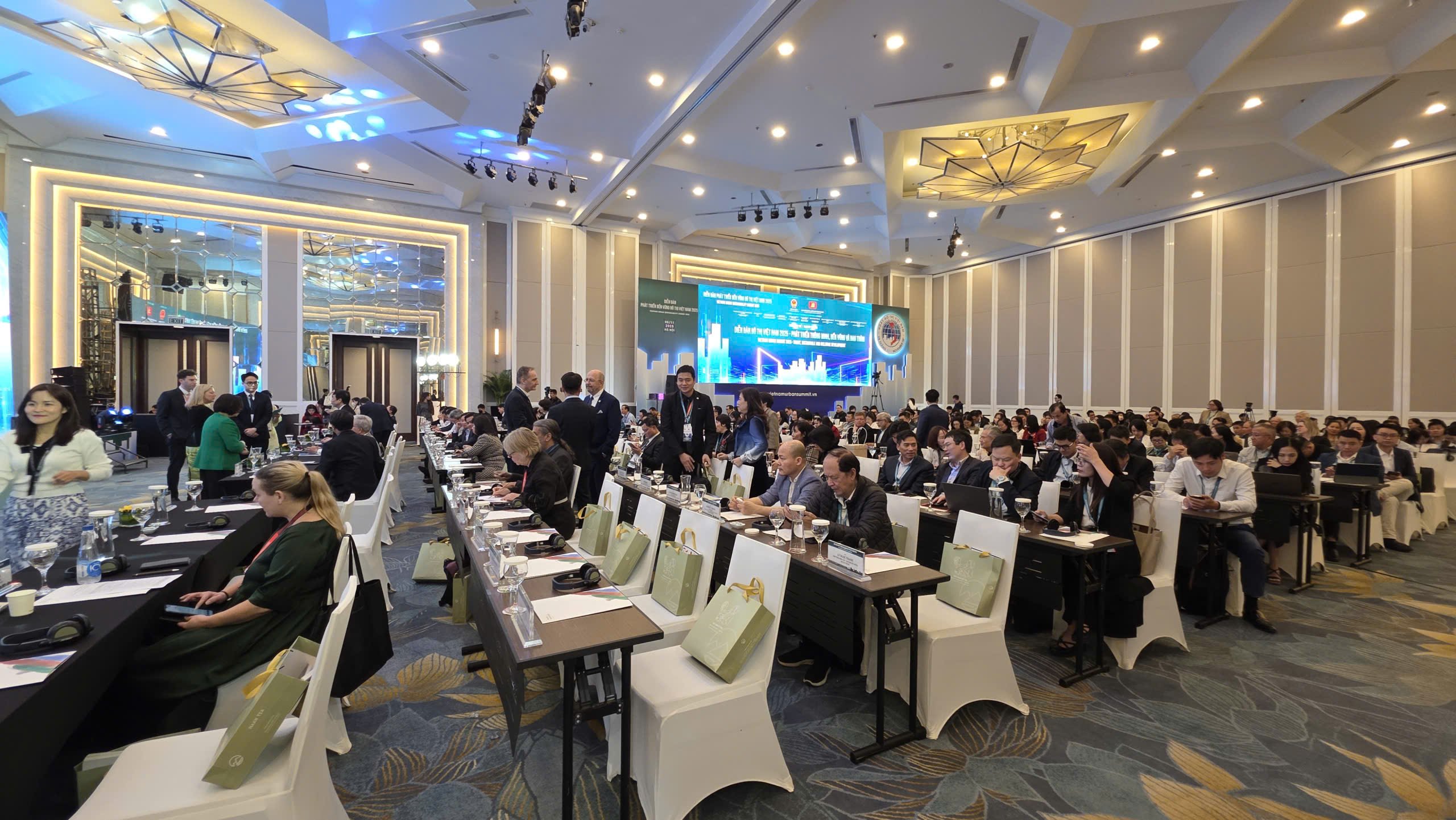 |
| Delegates attending the forum |
At the macro policy level, the leaders of the Ministry of Construction affirmed that the discussion results and initiatives from the forum will contribute to concretizing the Party and State's policies and guidelines on urban development, promoting digital transformation and mobilizing social resources for a synchronous, modern and sustainable urban system. "Translating" the recommendations into a roadmap and implementation tools is the next priority: Climate adaptation technical standards and regulations; a common data framework for planning - licensing - monitoring; a financial mechanism combining state capital, ODA and PPP; and digital governance models to ensure publicity and transparency.
The afternoon plenary session summarized the discussion results and reviewed key tasks in the new period: Upgrading planning and data-based governance capacity; accelerating urban digital transformation; strengthening resilient infrastructure; promoting urban-rural connectivity; developing human resources and innovation ecosystems; preparing sandboxes to accelerate pilots. Along with that, development partners announced technical cooperation and resources for climate adaptation programs, capacity building and strategic infrastructure investment.
Along with the workshop, an exhibition on smart city planning and models, green and resilient urban areas was also held, introducing technology, digital applications and good practice examples. This activity helps connect the supply and demand of solutions between managers, businesses, international and local organizations, creating opportunities to "see - touch - try" technologies that can be piloted.
This year’s forum is also an activity to celebrate Vietnam Urban Day on November 8, and respond to Vietnam Law Day on November 9. The general spirit is to shift from “increasing quantity and scale” to “improving quality and efficiency,” developing urban areas in a green, smart, connected direction, responding to climate change, reducing emissions and ensuring social inclusion. In that flow, heritage cities like Hue have the opportunity to affirm the model of “heritage - creativity - sustainability,” turning cultural identity into soft power and long-term competitive advantage.
At the end of a working day, the forum closed with the commitment of the Ministry of Construction and partners to accompany localities, towards a synchronous, modern and sustainable Vietnamese urban system in the period of 2025 - 2030 and beyond. From policy recommendations to pilot models, from data - technology to financial mechanisms, the chain of solutions is expected to soon be "packaged" into specific action programs in each urban area. This is the foundation for Vietnam to realize the goal of high-quality urbanization, turning cities into driving forces for regional development, making practical contributions to the goal of industrialization, modernization and deep integration.
Source: https://huengaynay.vn/kinh-te/doi-moi-sang-tao-thich-ung-khi-hau-va-quan-tri-hien-dai-159632.html


![[Photo] Opening of the 14th Conference of the 13th Party Central Committee](https://vphoto.vietnam.vn/thumb/1200x675/vietnam/resource/IMAGE/2025/11/05/1762310995216_a5-bnd-5742-5255-jpg.webp)









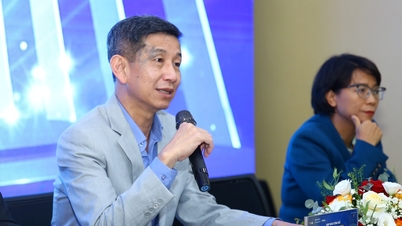

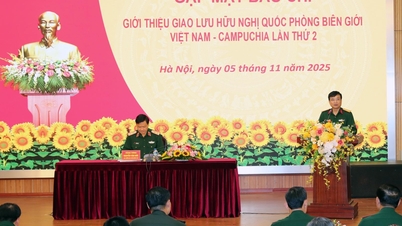


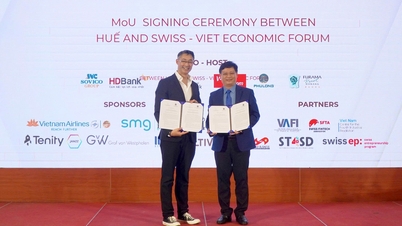
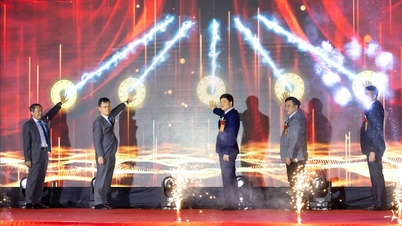

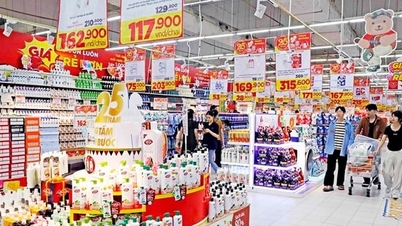

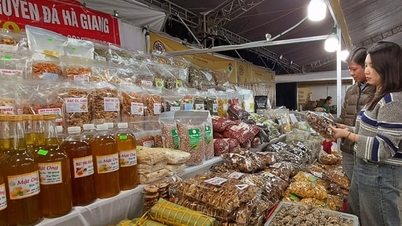


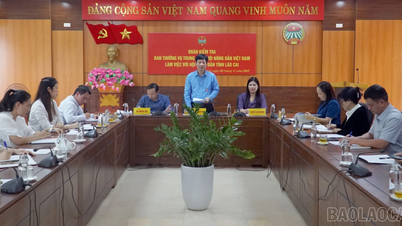

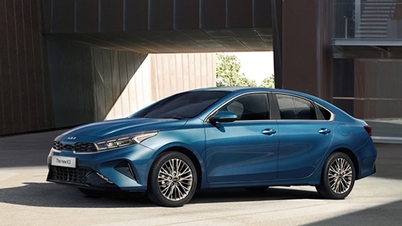





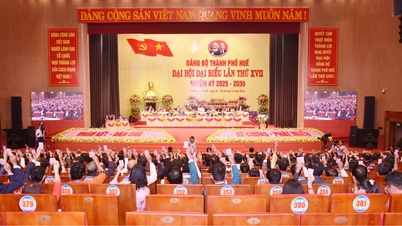
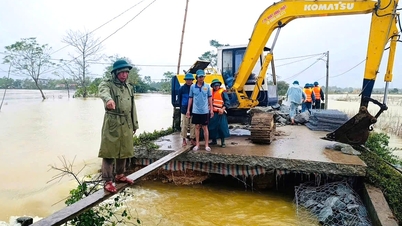
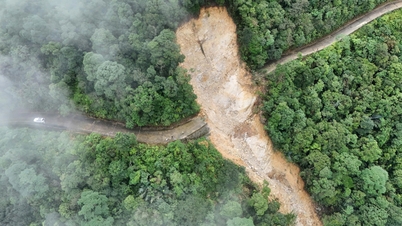
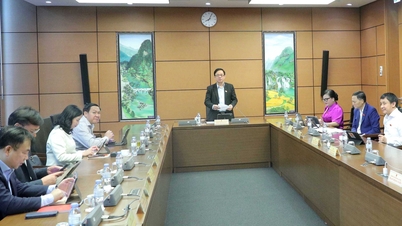
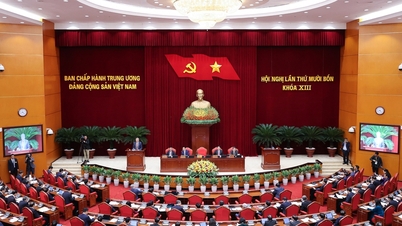

![[Photo] Panorama of the Patriotic Emulation Congress of Nhan Dan Newspaper for the period 2025-2030](https://vphoto.vietnam.vn/thumb/1200x675/vietnam/resource/IMAGE/2025/11/04/1762252775462_ndo_br_dhthiduayeuncbaond-6125-jpg.webp)



































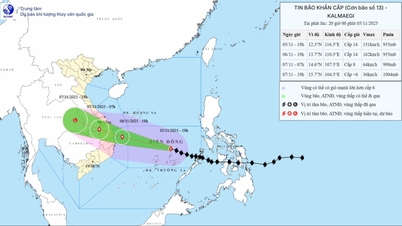














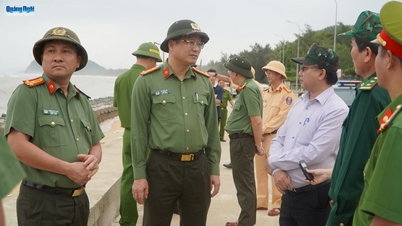
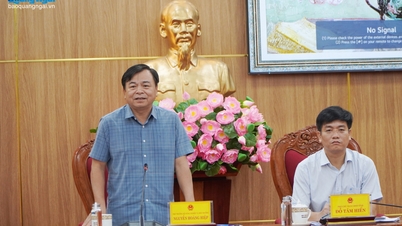


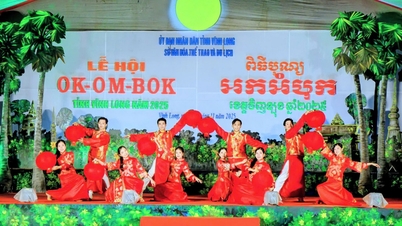
















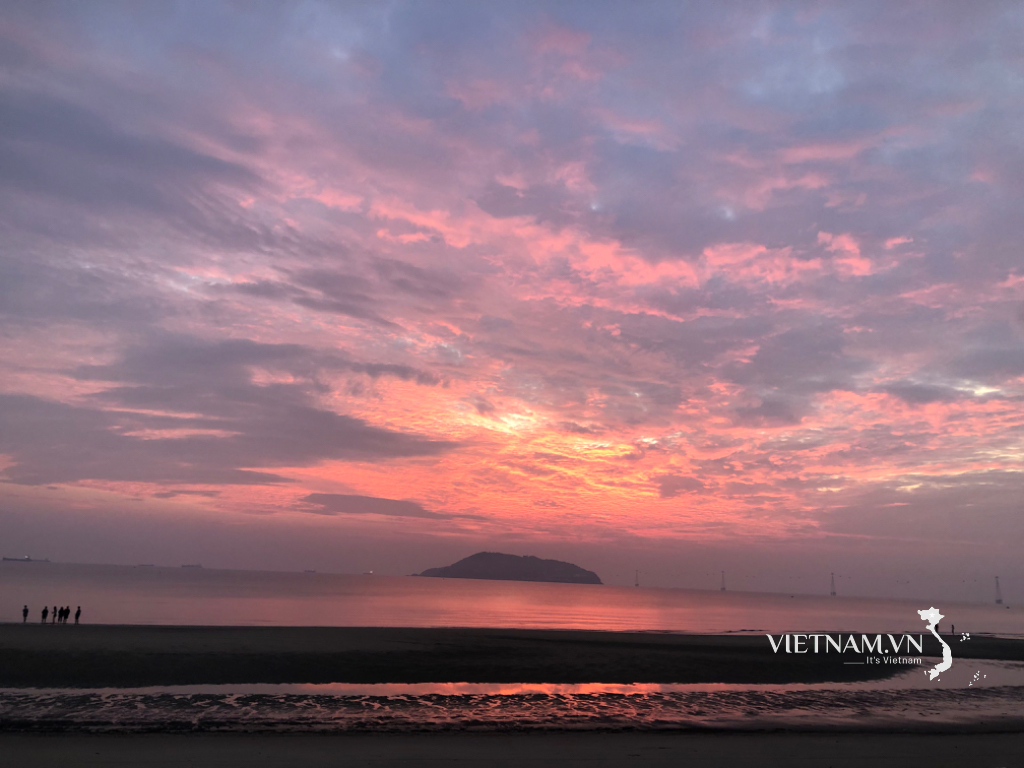

Comment (0)